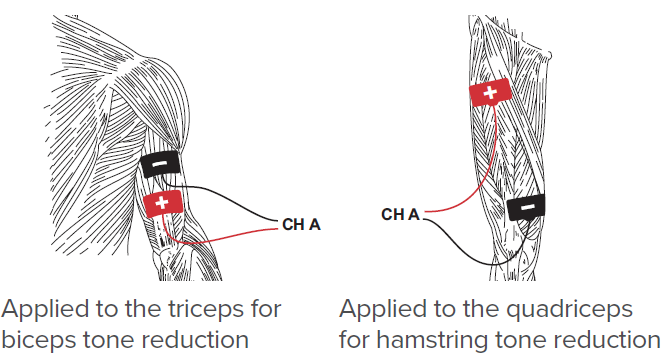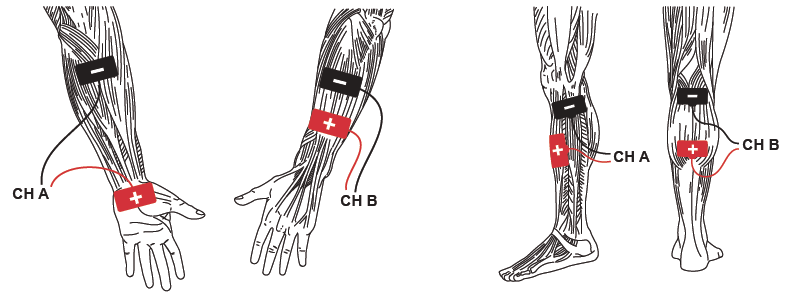Patient Information: Male, Age 72
Diagnosis: Muscle Weakness / General Debility
History: This gentleman had a fall and was hospitalized due to a femur fracture. He experienced multiple medical complications and surgeries and was admitted to a skilled nursing facility. He was transferred to this skilled nursing facility for long-term care two and half months after his fall and was referred to therapy due to weakness, balance deficits, inability to walk and inability to perform self-care. Prior to his fall he lived at home and was independent with all mobility and activities of daily living (ADLs).



